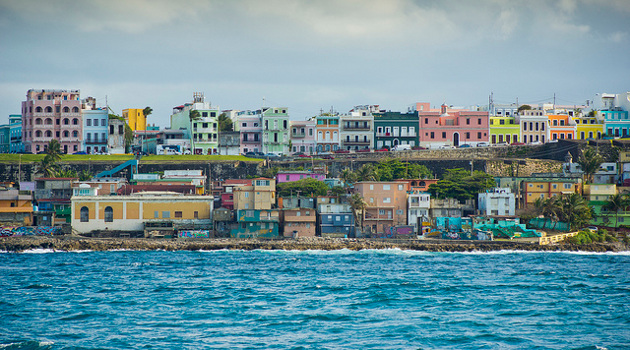This article appeared on The Daily Caller on May 5, 2016.
Earlier this week, Puerto Rico’s Governor Garcia Padilla (D) announced the island would default on a $422 million debt payment. Padilla’s move is in part an effort to get Congress to pass a rescue package by feigning helplessness. He and his allies want a bailout, or at the very least, the ability to declare bankruptcy and walk away from the mess they created instead of trimming Puerto Rico’s absurdly bloated government. Allowing the island to declare bankruptcy would be a dangerous precedent and a move Congress should reject outright.
The good news is that an alternative approach exists which has already demonstrated a track record of success.
Washington, D.C.’s own financial mismanagement pushed the city to the brink of bankruptcy during the Clinton presidency. Congress, working with the White House, enacted legislation establishing a control board over city finances. The panel was given broad powers to make determinations on budget issues, hiring policies, enactment of municipal contracts, borrowing, financial planning, and contracts.
Then-mayor Marion Barry decried the financial control board as a “rape of democracy,” but admitted a decade later that it allowed him to take steps to get the city’s budget in order. “It was able to do some things that needed to be done that, politically, I would not do, would not do, would not do.” Namely, as he told the Washington Post prior to his death, he would not trim payroll by ordering the firings of about 2,000 human-service workers.
The control board model has worked for other cities too. New York and Philadelphia, for instance, all turned their cities around after an oversight panel was established. Congress now must make a similar decision regarding Puerto Rico.
Despite a pressure campaign from lobbyists and public relations specialists – many with deep connections to the Obama administration – Congress has, thus far, rejected the bankruptcy plan preferred by Puerto Rican politicans. Led by Rep. Rob Bishop (R-Utah), the House has crafted legislation that prevents Chapter 9 bankruptcy and establishes a strong control board that will get the islands’ finances in order. National Review, the conservative flagship magazine, called the bill a “good start.”
Congress could go further by demanding free market reforms that would get the island’s economy moving again. Reducing taxes, eliminating red tape, cutting government and welfare spending, encouraging investment, and reducing or eliminating the minimum wage are all measures that could be included to both entice conservatives to support the bill and improve the island’s economic outlook.
But it is critical Congress does not give in to the gamesmanship of the island’s leaders. When they return from recess, enactment of the Bishop control board should be high on the leadership’s agenda. The White House is already suggesting failure to act would lead to a taxpayer bailout.
It’s time to call their bluff by passing the Bishop measure. As Rep. Darrell Issa said, “a strong independent control board would provide oversight of the island’s finances and help them regain control of their bloated budget… Such a move would be an essential first step to remedying this crisis.” Otherwise, the same irresponsible leaders who spent Puerto Rico into a giant hole and who refuse to stop digging will likely be rewarded with a “Get Out of Jail Free” card.

